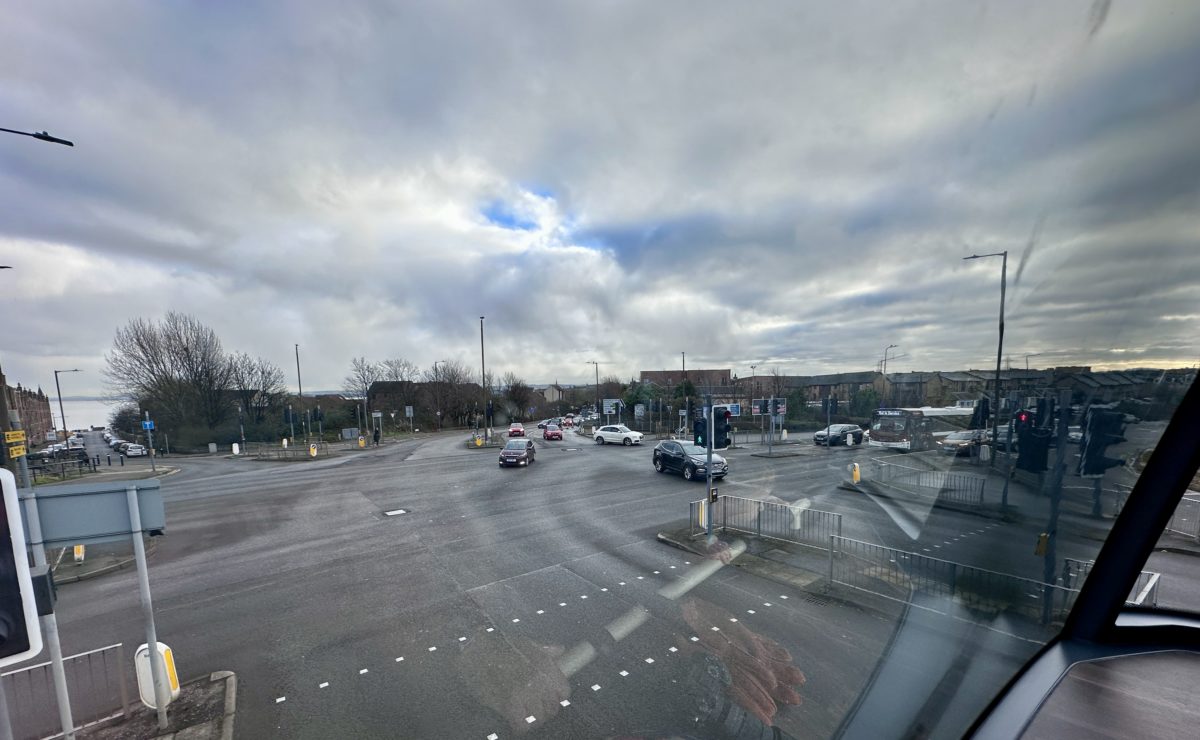More delays at major junctions
What safety work has been done on the most dangerous junction in Edinburgh for cyclists over the last six months? None, it turns out.
Despite the deaths of Stuart Elliot in 2019 and Heather Stronach in 2020 on their bikes at the Portobello High Street junction with Sir Harry Lauder Road, we are still no further forward than the emergency measures put in in 2022 that ban HGV drivers turning left off Portobello High Street.
Spokes believed, following the Transport and Environment Committee decisions, that work would commence last summer. We now know that there were ‘resource pressures’ and the work didn’t start.
The original delivery timetable of summer 2024 now looks to be more like spring 2026. This will be a £1 million pound project that removes some traffic lanes and introduces a single crossing for pedestrians and cyclists between Portobello High Street and Inchview Terrace.
Many who live in Portobello and beyond are shocked and disappointed by the lack of progress. Spokes worked in good faith with the Council and the local community on proposals to redesign the junction in a way that will make it safe, easy, and comfortable for people walking, wheeling, and cycling. This involved detailed work on the current temporary scheme and its diversion route for HGVs through Northfield.
While we welcome the existing emergency measures, they are not ideal, and were only ever supposed to be temporary. The junction remains hostile to people walking, wheeling, and cycling. Fishwives’ Causeway cannot be considered a viable alternative route for all as it only suits some routes and is not considered safe by many women in the dark.
It’s not just Portobello. We are also concerned about the other dangerous junctions in the city, including the West End of Princes Street where Zhi Min Soh was killed on her bike in 2017.
Nobody should be killed going out on their bikes in Edinburgh. It’s time for cycling safety to be taken seriously. This means prioritising resources to get well designed, future proofed schemes on the ground, and keeping communities informed about their progress.
